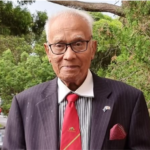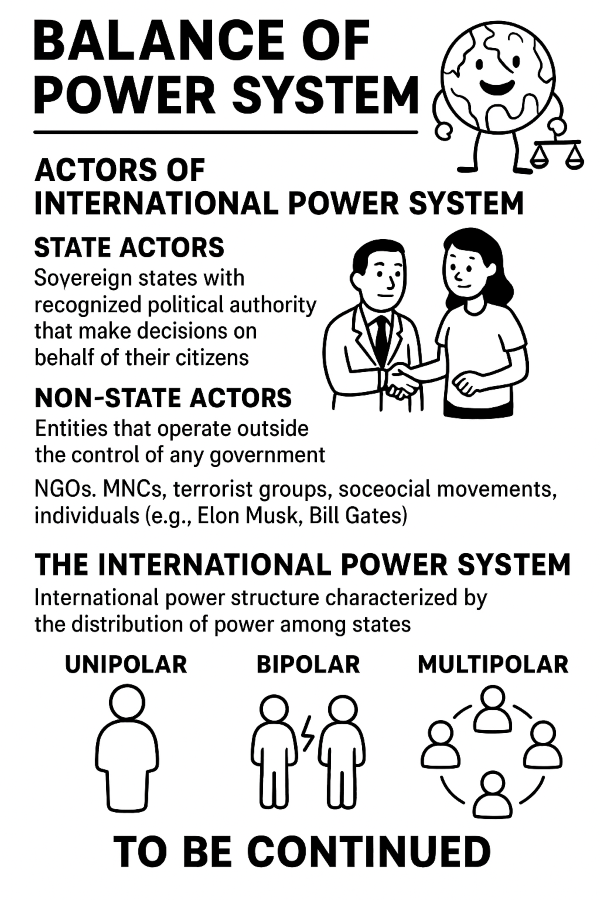The Risks of Premature Recognition of Palestinian Statehood – By Dr Harold Gunatillake

Evaluating the Implications for Regional Stability and Peace
Hamas has declared that it seeks to establish a sovereign state to facilitate disarmament.
Hamas has reaffirmed that it will not agree to disarm unless a sovereign Palestinian state is established. This statement was made
in response to one of Israel’s principal demands in discussions concerning a ceasefire in Gaza. The Palestinian armed group indicated that it was reacting to comments attributed to US President Donald Trump’s Middle East envoy, Steve Witkoff, who stated that Hamas had “expressed its willingness” to surrender its weapons. Israel regards the disarmament of Hamas as a fundamental condition for any agreement aimed at ending the conflict. However, indirect negotiations between Israel and Hamas to facilitate a ceasefire and secure the release of hostages have recently stalled.
As of March 2025, the State of Palestine has been recognised as a sovereign state by 147 out of the 193 United Nations member countries, which is approximately 75%.
Since November 2012, it has held the status of a non-member observer state at the United Nations General Assembly. This somewhat limited recognition mainly stems from the fact that the United States, a permanent Security Council member with veto power, has often used or threatened to use its veto to prevent Palestine from gaining full UN membership.
(The United Nations Security Council (UNSC) grants veto power to five permanent members: China, France, Russia, the United Kingdom, and the United States. These countries can individually block any substantive resolution, meaning a negative vote from any of them prevents a resolution from passing, regardless of the support from other members of the UNSC. This power is enshrined in Article 27(3) of the UN Charter).
What does it mean to recognise Palestinian statehood?
It grants Palestine the authority to pursue legal rights concerning its territorial waters and airspace as a sovereign state recognised by the United Nations. It also affirms the right of the Palestinian people to initiate legal proceedings for sovereignty over their territory in the International Court of Justice and to lodge charges related to “crimes against humanity” and war crimes…
The recent deliberations by nations such as France and the United Kingdom, among others, to formally acknowledge Palestine as a state may be rooted in commendable intentions, driven by an aspiration for progress toward peace in the Middle East.
Nonetheless, undertaking such a measure at this juncture risks unforeseen and potentially perilous repercussions. Foremost among these is the risk that recognition could be interpreted as an endorsement of violent tactics, especially in the wake of the Hamas-led assaults of October 7. The concern remains that such recognition, emerging shortly after acts of terrorism, might inadvertently convey a message that violence and extremism constitute effective means of attaining political objectives.
Simultaneously, a notable shift is underway among Arab states, with many now actively urging Hamas to disarm and withdraw from the military dimensions of Palestinian leadership. This increasing regional pressure indicates a rare consensus among Arab governments in support of limiting extremist influence and emphasising the importance of pursuing a negotiated and peaceful future for both Palestinians and Israelis.
Should Western governments decide to proceed with recognition at this sensitive juncture, it may yield counterproductive outcomes. Instead of fostering moderation, it could empower extremist factions by exemplifying that violence yields tangible benefits. Additionally, such a decision could widen the rift between Western nations and Israel, intensifying existing suspicions and mistrust.
What is truly essential at this stage is the removal of Hamas as a military force in the Palestinian territories.
The disarmament and marginalisation of violent factions are necessary prerequisites for creating the conditions in which a genuine peace process can flourish. Only after a credible, moderate, and unified Palestinian leadership emerges—one committed to peaceful coexistence and dialogue—should the West actively support the establishment of a demilitarised Palestinian state. This approach would not only discourage the use of violence as a political tool but also lay a more stable foundation for a lasting peace in the region.
Image Source : aol.com
Latest-BBC News
Israeli Prime Minister Benjamin Netanyahu is expected to propose the full reoccupation of the Gaza Strip during his upcoming meeting with the security cabinet on Thursday, according to reports from Israeli media. Although the country’s military asserts that it currently maintains operational control over 75% of Gaza, the proposed plan envisages advancing into areas where over two million Palestinians reside. The implications for civilians and humanitarian aid organisations remain uncertain. Additionally, reports indicate that the army chief and other military leaders oppose the plan, as do the families of the hostages still held by Hamas, twenty out of fifty of whom are believed to be still alive, citing concerns that such actions could jeopardise their loved ones. This proposal is introduced amid stalled indirect ceasefire negotiations with Hamas.

























